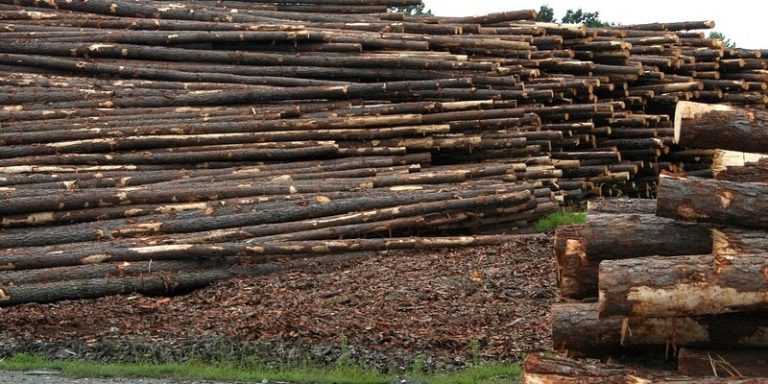
The material yield is one of the main problems of sawmills. This is particularly the case for Tarteret Philippe SA, which specializes in hardwoods such as oak. The company has called on innovation and artificial intelligence and will benefit from the help of the Troyes and Aube Chamber of Commerce and Industry (CCI) and the CEA, which will assign a data scientist to this research and to the design of an adapted algorithm. The main objectives: to make savings to gain competitiveness and respond to the shortage of wood.
Using artificial intelligence to improve material yield
Founded in 1954, the Tarteret Philippe SA sawmill is a family business that quickly specialized in oak and, more generally, hardwoods. The company offers logs, planks, frameworks, boards, etc. Everything that can be made from wood and that is needed in many sectors on a daily basis. The company has its own forests and has storage and drying areas in its main site of 170,000m2
In spite of a great expansion, the sawmill is confronted with a problem: that of the material yield. Each year, 20,000m2 of logs are used for a material yield of 50%, a figure they consider too low. Their idea to remedy this: to set up a tool to quickly and efficiently identify defects in the wood and determine the best method to exploit a piece of wood.
An algorithm using AI could make this possible. But a second problem comes into play because the AI must be able to take into account each specificity of the oak in each trade, to address all potential markets with an optimized selling price.
The CEA and the Troyes and Aube Chamber of Commerce and Industry intervene to assign a data scientist to the sawmill
For companies with fewer than 50 employees, such as the Tarteret Philippe SA sawmill, recruiting a data scientist is difficult. The Troyes and Aube Chamber of Commerce and Industry and the CEA are therefore going to support the company by assigning a specialist and seconding him or her on site thanks to the new employment recovery plan set up by the French government.
David Vanhelle, quality manager at Tarteret Philippe SA, is delighted with the arrival of a data scientist and explains how his quality department is working together with him to set up the future algorithm:
“Our job will be to validate the evaluations made by the algorithm regarding the quality of the boards. Our job will consist in validating the evaluations made by the algorithm concerning the quality of the boards, a job that is all the more complex as we work in a difficult environment. Not to mention the fact that the appearance of the oak tends to change rapidly after cutting.”
The sawmill has given itself two years to develop an algorithm capable of assessing the singularities of the wood. If the tool is perfected by then, the next step will be to optimize the cutting of the boards, and then to implement all of the platform’s functionalities within the sawmill with the aim of responding to the shortage of wood and making savings to be more competitive.
In conclusion, Bertrand Tarteret, Chairman of the Board of Directors of the Tarteret Philippe SA sawmill, refers to these objectives, but also to the Chinese competition in the timber sector:
“If we manage to complete this project, we will be the first player in the oak sector to have such a tool. We spend three million euros a year on wood to feed our sawmill. If we gain even 5% of material, the benefit will be significant. In addition, we will have to face a real supply problem tomorrow, with a lack of material and declining quality.”
Translated from Le défi des scieries : optimiser le rendement matière tout en opérant une une transition vers l’industrie 4.0









